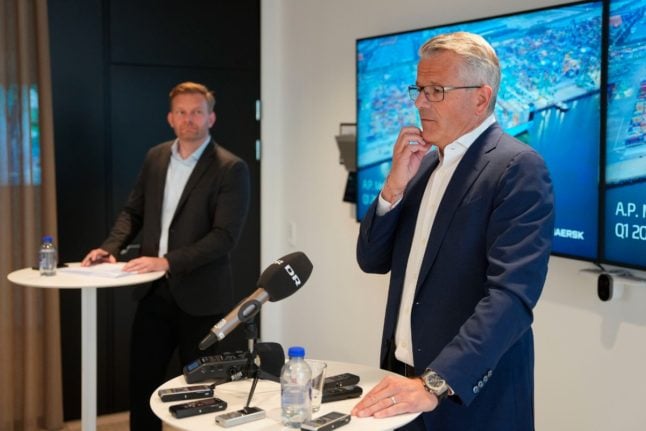The company’s revenue reached 27.4 billion kroner ($4 billion) between January and June as it “grew 10 percent faster than the market”, chief executive Niels Christiansen told AFP in an interview.
“We’ve been able to outpace the market by the same rate as we’ve done over the last three, four, five years,” he said.
While net profit dropped by 17.7 percent to 5.1 billion kroner during the period, Lego’s revenue rose by one percent, coming on the heels of three years of record-breaking sales boosted by lockdowns during the Covid pandemic.
The feat was attributed to the success of its franchises Star Wars and Lego Icons, as well as its flagship product ranges Lego City, Lego DREAMZzz and
Lego Technic.
While sales rose in the United States, growth slowed in China.
“The return to more normal conditions, where people go into stores and spend again, has been slower in China than what we anticipated,” Christiansen said.
During the first half of the year, Lego opened 89 new stores, including 54 in China where the company aims to expand further, bringing the overall number of stores worldwide to 988.
The coloured brick maker said it expects to open 150 stores this year worldwide, including 85 in China.
“I have a strong belief in our opportunity to grow long term in China, because there are still so many families and kids that are that are not yet in the Lego brand,” the CEO said.
“They are in cities where we are not yet present.”
The world’s leading toymaker since 2020 according to market data consultancy Statista, Lego was founded in 1949 by Denmark’s Ole Kirk Christiansen.
The company’s name is a contraction of the Danish words “play well” (Leg godt).
After running into hard times in the 2000s, the unlisted company still wholly owned by the Christiansen family recovered by focusing on franchises and films, in particular Lego Batman, Harry Potter and Ninjago.



 Please whitelist us to continue reading.
Please whitelist us to continue reading.
Member comments